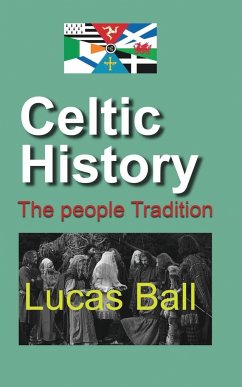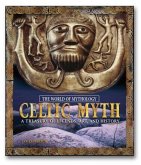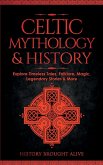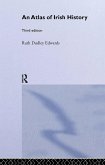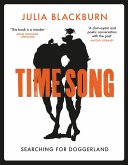Celtic History. The people Tradition. Who were the Celts, We know that prior to the I700s the term Celtic was not in use in the English language. The eighteenth-century classification came about as a result of linguistic evidence, which linked the native languages of Ireland, Scotland, and Wales to the continental language of the people whom Julius Caesar described as Celtae. The word Celtic came originally from the Greeks who, around 600 BC, called the people who lived to the north of Greece Keltoi. We know also from references in both Greek and Roman texts that they inhabited a large area in Central Europe. Archaeologists do not believe that the Celts were one homogeneous people but were composed of many tribes speaking a similar language. How these different tribes came to speak a common language is not known, but these various peoples, referred to as Celtic, spoke a language which was a predecessor of modern-day Irish. Thus the word Celtic became a way of describing the people who spoke the Gaelic language. These continental Celtic speaking people did not commit anything to writing. This is certainly not to say they were an ignorant people. By tradition, information was committed to memory and passed on orally. There are no written records in Ireland before the arrival of Christianity in the fifth century, but there were sophisticated schools of memory where poets, storytellers, and lawyers would memorize what their various disciplines required. So successful was this method that when writing did arrive in Ireland it merely gave form to the rich culture, which had predated it and in many ways survived for hundreds of years after the arrival of the first Christian missionaries. A form of early writing had developed and Ogham, a complicated script based on the Latin alphabet, has survived, but it was usually only used on commemorative pillar stones to identify the dead.
Hinweis: Dieser Artikel kann nur an eine deutsche Lieferadresse ausgeliefert werden.
Hinweis: Dieser Artikel kann nur an eine deutsche Lieferadresse ausgeliefert werden.

